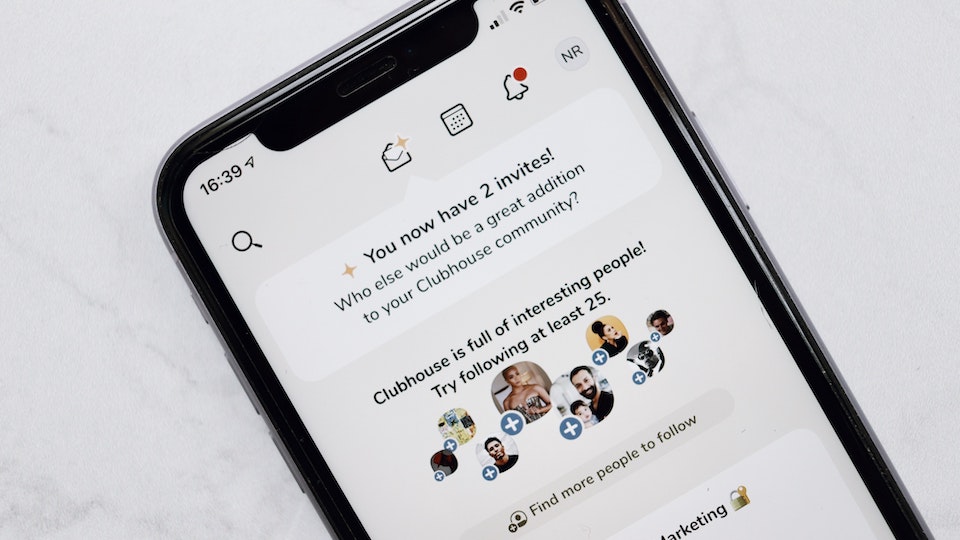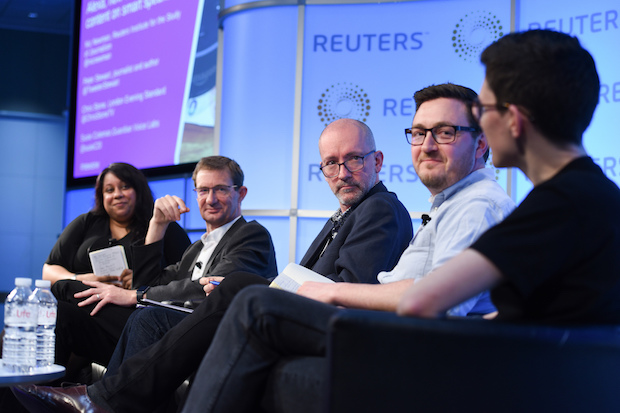The live-audio app is useful for finding stories and contributors but it has its downsides, says BBC journalist Abdirahim Saeed.
Why journalists should care about Clubhouse

audio content

The live-audio app is useful for finding stories and contributors but it has its downsides, says BBC journalist Abdirahim Saeed.

Difficulty to monetise, discover content and issues around privacy are some of the reasons why publishers are reluctant to start producing content for voice-controlled devices, despite their potential to be a new revenue and content stream. At Newsrewired (6 March), a panel of experts discussed how they are tackling these concerns.

Rouven Leuener is group head of digital product at Neue Zürcher Zeitung (NZZ), one of the oldest Swiss, German-language newspapers. He took the lead on digital innovation five years ago and, during this time, he launched a number of digital products, such as a text-to-speech audio player feature that converts written articles into audio, to widen audience reach.

Despite the rise in sales of voice-controlled devices, such as Amazon Alexa or Google Home, the difficulty of monetising content holds publishers back from innovating on voice platforms.
One of the panels at the Newsrewired conference will explore projects by early adopters and look at the benefits of investing in smart, speaker-friendly content.
